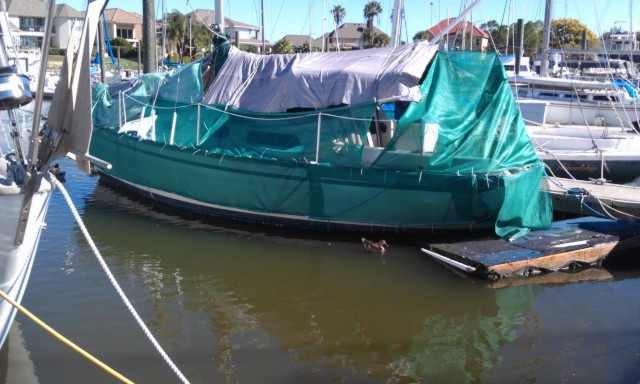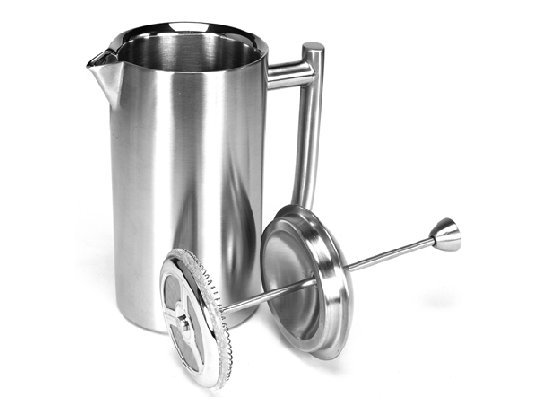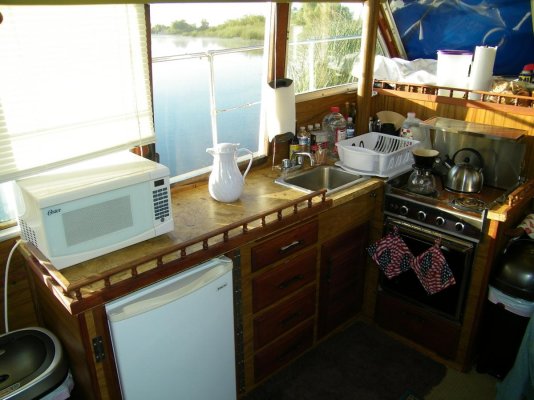Ok, 3rd time to try to post this. Yeah, I know I should do it elsewhere but i'm slow to learn, and getting slower.
Janice,
You have not done anything wrong by bonding the through hulls. There is BIG opinion difference about to do or not to do. It also depends upon a lot of other factors.
IF the through hull and all the metal attached to it are the SAME metal, and I mean the SAME, and that metal is TRUE BRONZE, meaning copper, tin, NO ZINC or less than 1%-2% and a tiny bit of some other materials then often they are better off not bonded. The other metal pieces would include the hose barb, elbows, pipe nipples,tees, etc.,etc. Then the hose that attaches to it is not conductive then the assembly as a whole is now isolated electrically from the rest of the boat. As long as the isolation is good bonding is not required. Good quality marine bronzes will last 30 --50 years or more so bonding is not required. Bonding will not really add to their life. These good bronzes are HIGHLY resistant to corrosion.
Unfortunately that situation is getting harder to achieve. Many fittings are available in good bronzes but many are not. A case in point is a pipe nipple and this part is often needed but should be avoided if possible as I have found they are difficult to impossible to find in true bronze that would be suitable for seawater use..
Some bronzes are not really bronze. Manganese bronze is actaully a brass yet is used for propellors and as long as zinced properly will last many, many years. The word bronze is used often where it should not be used.
If other not so good bronzes or a brass must be used then bonding may be required to protect that less than desireable brass plus a regular check and changeout. I am not recommending brasses in seawater.
Where more than one metal is in contact with another and immersed in the seawater, [ EG. bronze propellor and SS shaft or a rudder] then bonding may be required if zincing cannot effectively be done. It does happen. There are other situations that apply.
I have seen boats where the through hull assembly was protected by its own zinc, not tied to a boat bonding system.
SOme metals such as SS or aluminum, isolated brackets for a swimgrid for example, are better protected each by their own zinc.
Bonding , in some cases, may make an external current leak worse by allowing a pathway through the bonding system from one side of the boat to the other or from on board back to negative, damaging a through hull or some other part in the process.
Of course good electrical mtce. can keep these possibilities to a dull roar but they should be kept in mind.
It's a quandry, to bond or not to bond and there are good reasons for both.
Two books about corrosion are:
Metal Corrosion in boats - Nigel Warren
Boatowners Guide to Corrosion - Everett Collier
These books also give some help but are more general:
Boatowners Mechanical and Electrical Manual - Nigel Calder
Boatowners Illustrated Electrical Hnadbook - Charlie Wing
There are others.
I'm not trying to expalin all here as there is a huge amount of info and there are marine electricians and engineers who specialize in this stuff.
But you can become fairly knowledgeable and avoid many problems with some good learing from those books and some other sources.










